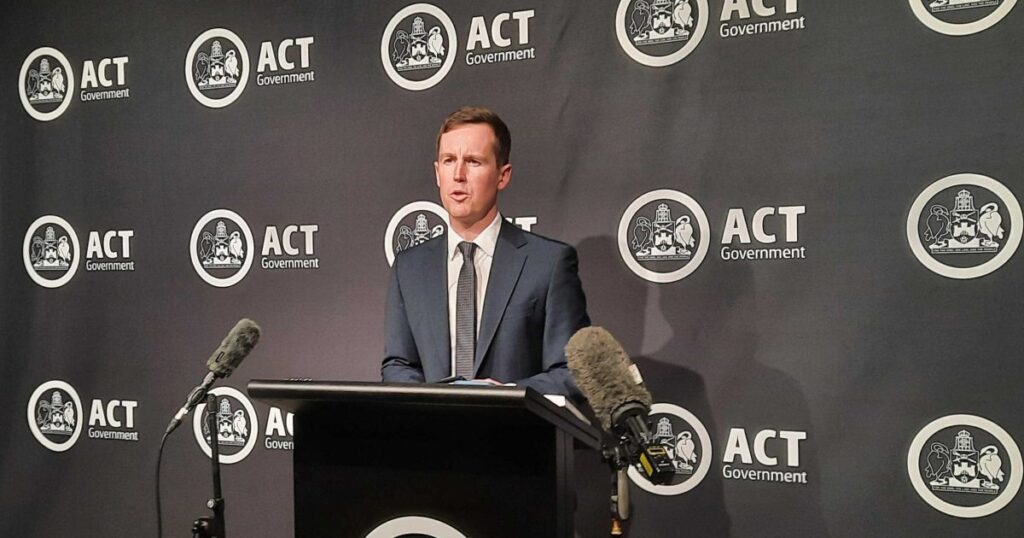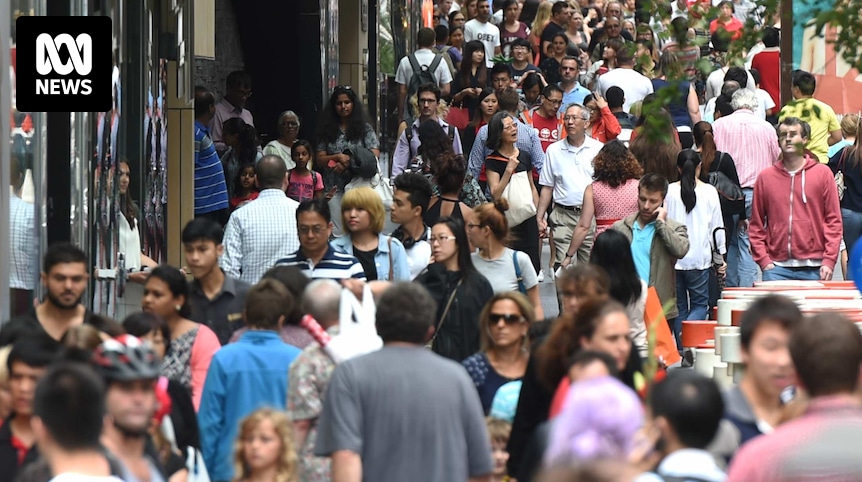
Canberra homeowners will now face a significantly reduced health levy of $100, following a pivotal agreement between the ACT Government and the ACT Greens. This decision comes after the government abandoned its initial plan to impose a $250 flat levy on all property owners, a measure introduced in the Budget just a week prior. The revised levy will be implemented before the 1 July deadline.
The original proposal, intended to bolster health spending over the next four years, met with resistance from the Greens, prompting negotiations. Under the new arrangement, residential and rural properties will incur a $100 levy, while commercial properties will continue to be charged $250. To compensate for the reduced revenue, the government will introduce a higher payroll tax rate of 8.75% for large businesses with national payrolls exceeding $150 million, starting from 1 January 2026.
Background and Context
The ACT Government’s initial levy plan was part of a broader strategy to address a shortfall in health funding, exacerbated by increased demand and a declining contribution from the Commonwealth. The Greens’ opposition to the flat levy stemmed from concerns over its fairness and impact on everyday Canberrans. The compromise reached aims to balance fiscal responsibility with social equity.
Treasurer Chris Steel emphasized that the revised levy would be reviewed annually within the context of future budget processes, including ongoing negotiations on the National Health Reform Agreement. “This outcome reflects the government’s commitment to working collaboratively to ensure vital services are funded responsibly,” Steel stated.
Reactions and Implications
The Canberra Business Chamber has criticized the payroll tax increase, labeling it a “tax on jobs.” Chief Executive Greg Harford warned that the higher tax rate could make Canberra less competitive, potentially leading businesses to relocate or cut jobs. “The next-highest payroll tax rate around the country is 6.1%, meaning that for large businesses we will be 30% less competitive,” Harford noted.
Meanwhile, Greens leader Shane Rattenbury acknowledged the concessions as a significant win for the community, though not the Greens’ preferred choice. He highlighted the urgency of reaching an agreement due to impending rates notices. “Importantly, the Greens have only agreed to support these changes for the next financial year,” Rattenbury said, stressing the need for a fairer budget in the future.
Political and Economic Analysis
Canberra Liberals leader Leanne Castley criticized the levy as a breach of universal healthcare principles and questioned the government’s fiscal management. “The fact remains that if ACT Labor had been able to manage the Budget responsibly, we wouldn’t have needed any new taxes,” Castley commented. She also expressed concerns about the impact of the higher payroll tax on costs and investment in the ACT.
The health levy is projected to raise $206 million over four years, a crucial component of the government’s strategy to meet health funding needs. However, the decision to adjust the levy and increase payroll tax reflects broader challenges in balancing budgetary constraints with economic growth and social welfare.
Future Considerations
The government has committed to reviewing the health levy and exploring alternative tax measures that do not disproportionately affect ordinary citizens. This agreement also includes a pledge to consider the Greens’ proposal to tax large corporations in future budgets.
As the ACT Government navigates these fiscal challenges, the outcomes of this agreement will likely influence future policy decisions and political dynamics. The ongoing dialogue between the government and stakeholders underscores the complexities of governance in balancing fiscal responsibility with social equity.
With the revised levy set to take effect soon, stakeholders across Canberra will be closely monitoring its implementation and impact on both the local economy and public services.





